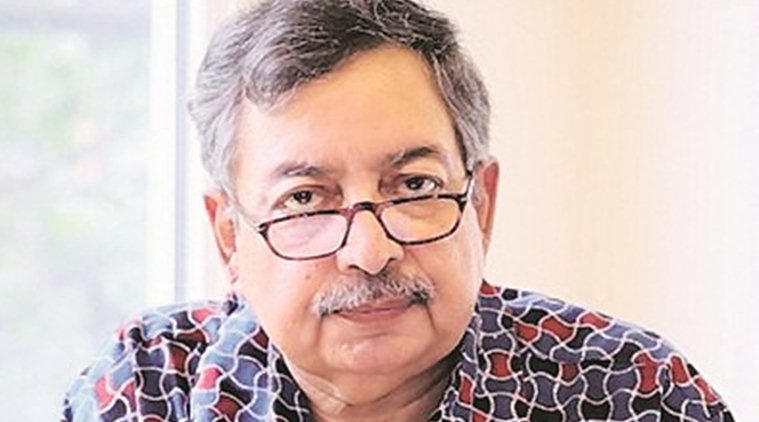 Dua has been charged under sections 124A (sedition), 268 (public nuisance), 501 (printing matter known to be defamatory) and 505 (statements conducive to public mischief) on the basis of a complaint by BJP’s Mahasu unit president Ajay Shyam in May.
Dua has been charged under sections 124A (sedition), 268 (public nuisance), 501 (printing matter known to be defamatory) and 505 (statements conducive to public mischief) on the basis of a complaint by BJP’s Mahasu unit president Ajay Shyam in May.
The Supreme Court on Tuesday extended protection from arrest till July 15 to journalist Vinod Dua in a sedition case lodged by the Himachal Pradesh police.
Solicitor General Tushar Mehta, appearing for the state, sought more time to submit records. To this, a bench headed by Justice U U Lalit directed the police to submit all records of the probe in a sealed cover, adding that it will not keep the matter pending and will wrap it up on the next date of hearing on July 15.
“If we are satisfied that the contentions of the petitioner are true, we will quash proceedings right away,” Justice U U Lalit said.
During the hearing, senior advocate Vikas Singh, appearing for Dua, said the questionnaire sent to his client by the police was nothing but harassment. To this, the SC directed that Dua does not have to answer the questionnaire sent by police till the next hearing.
Dua was served the questionnaire after he refused to travel to Shimla for questioning citing his health, age and the COVID-19 protocol for travel and quarantine. He, however, has joined the police probe through virtual medium.
Dua has been charged under sections 124A (sedition), 268 (public nuisance), 501 (printing matter known to be defamatory) and 505 (statements conducive to public mischief) on the basis of a complaint filed by BJP’s Mahasu unit president Ajay Shyam in May. The BJP leader claimed that Dua made bizarre allegations on his 15-minute YouTube show on March 30 where he allegedly accused Prime Minister Narendra Modi of using “deaths and terror attacks” to get votes.
In his plea, Dua referred to his video as “a critical analysis of the failure of the Union of India in conducting the nationwide lockdown and the manner (in which) it was implemented”. The video also “mentioned” the “politicising” of the cross-LoC strike “during the last elections”.
Dua said that “there is a recent trend against the media where state governments who do not find a particular telecast to be in sync with their political ideologies register FIRs against persons of the media primarily to harass them and to intimidate them so that they succumb to the line of the state or else face the music at the hands of the police”.